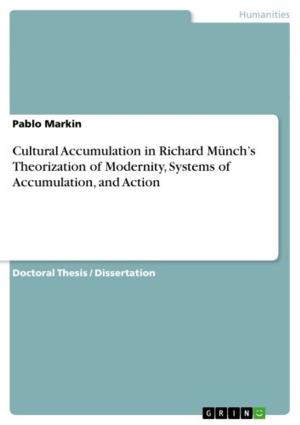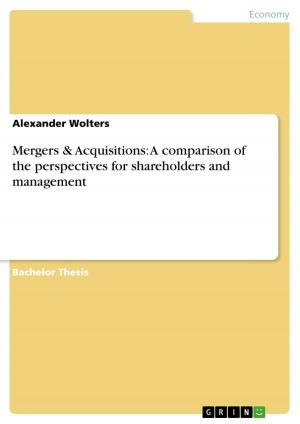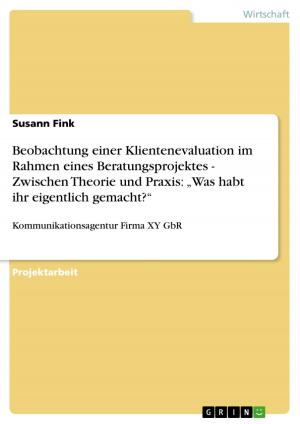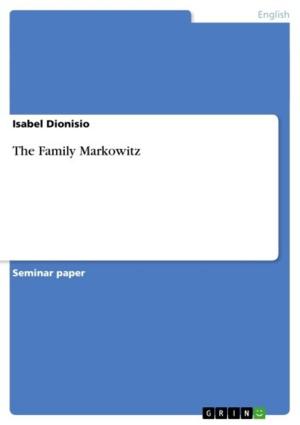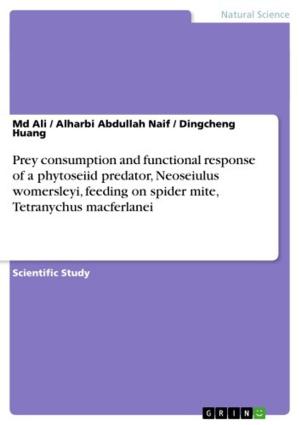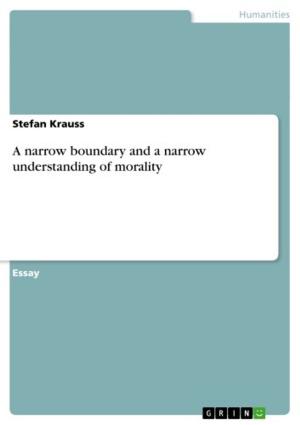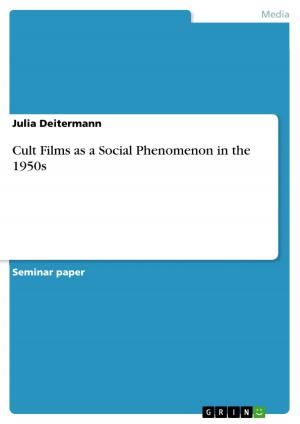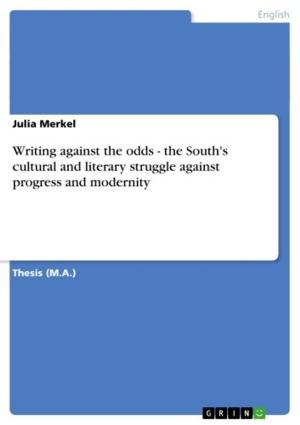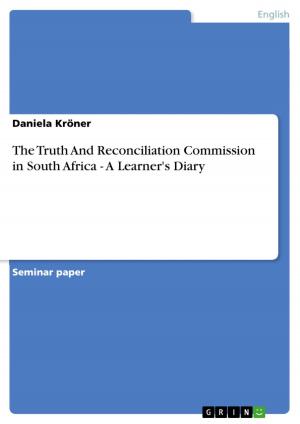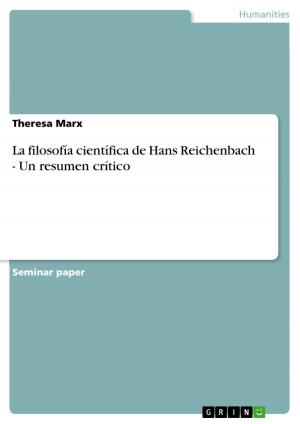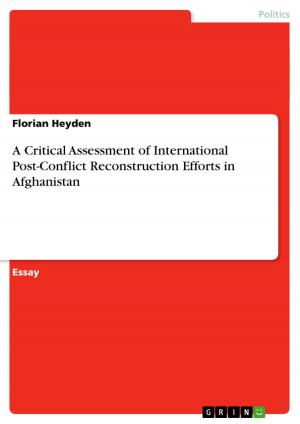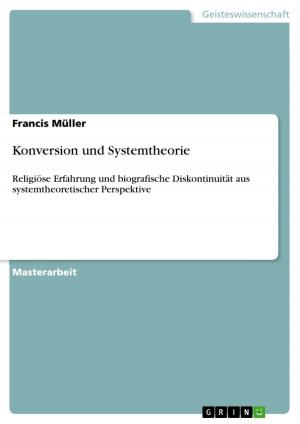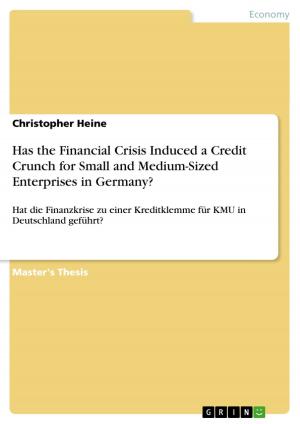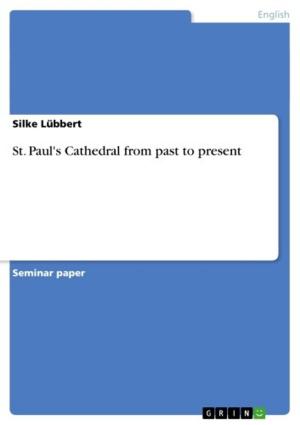United States of America's Foreign Policy in the Security of Asia-Pacific Region
Nonfiction, Social & Cultural Studies, Political Science| Author: | Nassef M. Adiong | ISBN: | 9783640497881 |
| Publisher: | GRIN Publishing | Publication: | December 21, 2009 |
| Imprint: | GRIN Publishing | Language: | English |
| Author: | Nassef M. Adiong |
| ISBN: | 9783640497881 |
| Publisher: | GRIN Publishing |
| Publication: | December 21, 2009 |
| Imprint: | GRIN Publishing |
| Language: | English |
Essay from the year 2008 in the subject Politics - International Politics - Region: USA, grade: A+, Technological University of the Philippines (University of the Philippines, Diliman - Department of Political Science), course: Comparative Foreign Policy, language: English, abstract: This paper will examine the determining factors through the questions posited in the course outline regarding a gradual change of focus of U.S. foreign policy from terrorism to citing fomenting predictions and future tenses that China would be a 'threat' in the Asia-Pacific region as well to the world. Utilizing 'Hedging,' one of foreign policy's options, as the tool or instrument to achieve its purpose, carry-out goals, and implement policies. In 2000, Pres. George W. Bush labeled China as the United States' leading strategic and military competitor. (Twining 2007) In his rhetoric, what changes in U.S. strategic and defense relationships in the Asia-Pacific region, if any, are needed to respond to major developments in the region, particularly China's emergence as a major power, the continuing potential for inter-state conflict, and the struggle against militant Islamists? (Vaughn 2007)
Nassef is a lifelong learner of comparative study between Islam and International Relations. He created the IR-IS Research Cohort on December 2012 that became Co-IRIS (International Relations and Islamic Studies Research Cohort) on November 2013. In addition to his service to profession, he founded the Philippine International Studies Organization (PHISO) on September 2015.
Essay from the year 2008 in the subject Politics - International Politics - Region: USA, grade: A+, Technological University of the Philippines (University of the Philippines, Diliman - Department of Political Science), course: Comparative Foreign Policy, language: English, abstract: This paper will examine the determining factors through the questions posited in the course outline regarding a gradual change of focus of U.S. foreign policy from terrorism to citing fomenting predictions and future tenses that China would be a 'threat' in the Asia-Pacific region as well to the world. Utilizing 'Hedging,' one of foreign policy's options, as the tool or instrument to achieve its purpose, carry-out goals, and implement policies. In 2000, Pres. George W. Bush labeled China as the United States' leading strategic and military competitor. (Twining 2007) In his rhetoric, what changes in U.S. strategic and defense relationships in the Asia-Pacific region, if any, are needed to respond to major developments in the region, particularly China's emergence as a major power, the continuing potential for inter-state conflict, and the struggle against militant Islamists? (Vaughn 2007)
Nassef is a lifelong learner of comparative study between Islam and International Relations. He created the IR-IS Research Cohort on December 2012 that became Co-IRIS (International Relations and Islamic Studies Research Cohort) on November 2013. In addition to his service to profession, he founded the Philippine International Studies Organization (PHISO) on September 2015.

